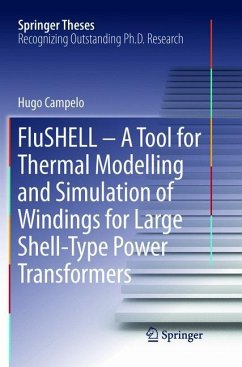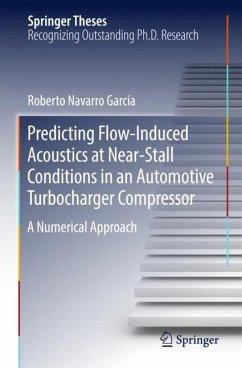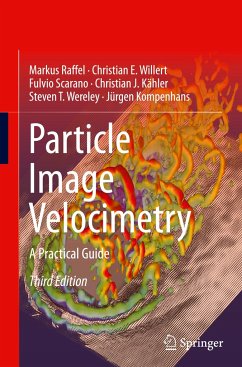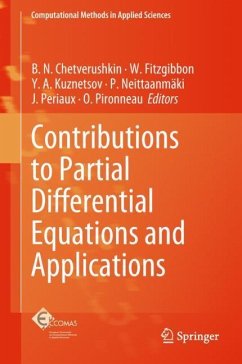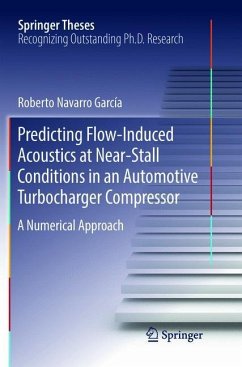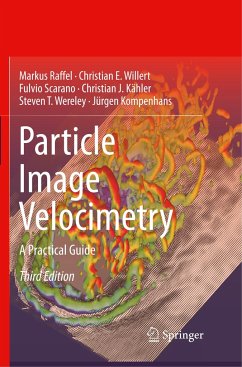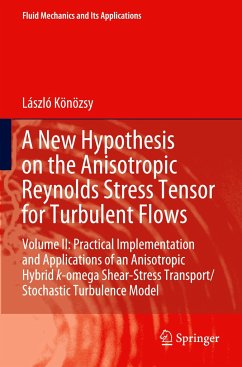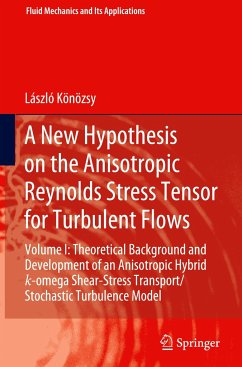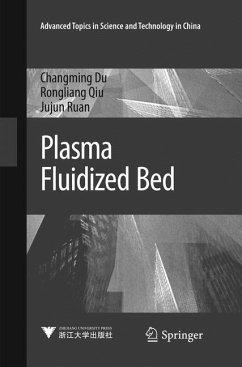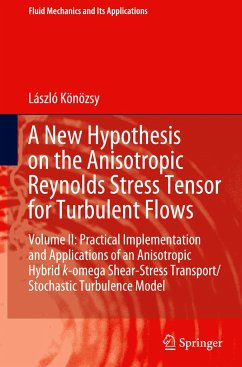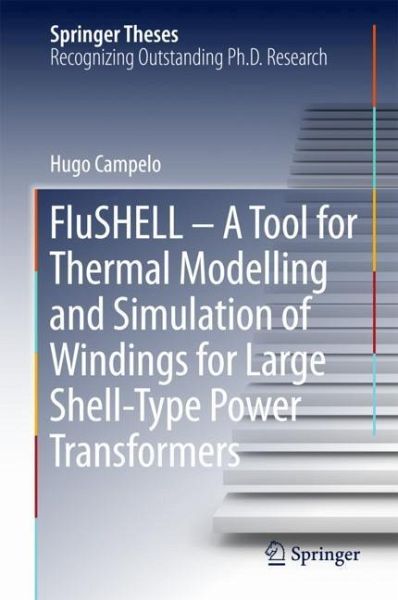
FluSHELL - A Tool for Thermal Modelling and Simulation of Windings for Large Shell-Type Power Transformers
Versandkostenfrei!
Versandfertig in 6-10 Tagen
76,99 €
inkl. MwSt.
Weitere Ausgaben:

PAYBACK Punkte
38 °P sammeln!
This thesis addresses a novel application of network modelling methodologies to power transformers. It develops a novel thermal model and compares its performance against that of a commercial computational fluid dynamics (CFD) code, as well as in experiments conducted in a dedicated setup built exclusively for this purpose. Hence, the thesis cross-links three of the most important aspects in high-quality research: model development, simulation and experimental validation.Network modelling is used to develop a tool to simulate the thermal performance of power transformers, widely acknowledged t...
This thesis addresses a novel application of network modelling methodologies to power transformers. It develops a novel thermal model and compares its performance against that of a commercial computational fluid dynamics (CFD) code, as well as in experiments conducted in a dedicated setup built exclusively for this purpose. Hence, the thesis cross-links three of the most important aspects in high-quality research: model development, simulation and experimental validation.
Network modelling is used to develop a tool to simulate the thermal performance of power transformers, widely acknowledged to be critical assets in electrical networks. After the strong de-regulation of electricity markets and de-carbonization of worldwide economies, electrical networks have been changing fast. Both asset owners and equipment manufacturers are being driven to develop increasingly accurate modelling capabilities in order to optimize either their operation or their design. Temperature is a critical parameter in every electric machine and power transformers are no exception.
As such, the thesis is relevant for a wide range of stakeholders, from utilities to power transformer manufacturers, as well as researchers interested in the energy industry. It is written in straightforward language and employs a highly pedagogic approach, making it also suitable for non-experts.
Network modelling is used to develop a tool to simulate the thermal performance of power transformers, widely acknowledged to be critical assets in electrical networks. After the strong de-regulation of electricity markets and de-carbonization of worldwide economies, electrical networks have been changing fast. Both asset owners and equipment manufacturers are being driven to develop increasingly accurate modelling capabilities in order to optimize either their operation or their design. Temperature is a critical parameter in every electric machine and power transformers are no exception.
As such, the thesis is relevant for a wide range of stakeholders, from utilities to power transformer manufacturers, as well as researchers interested in the energy industry. It is written in straightforward language and employs a highly pedagogic approach, making it also suitable for non-experts.





